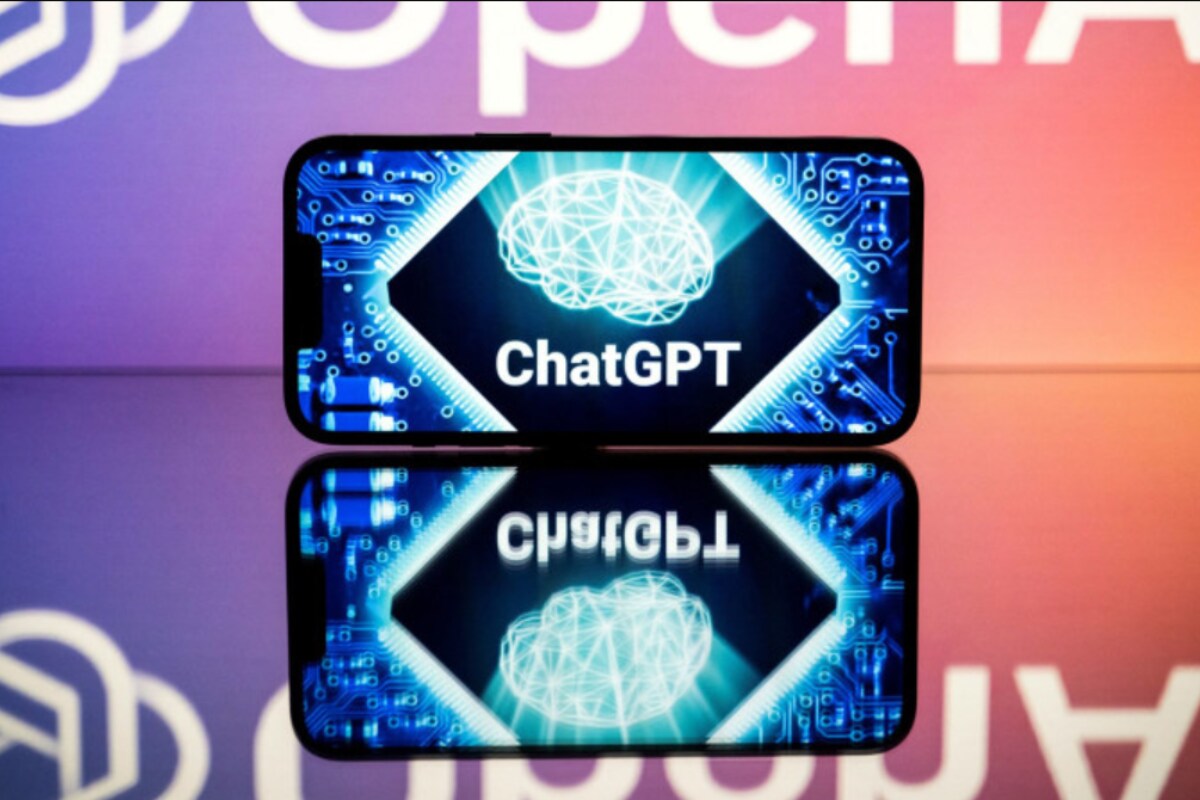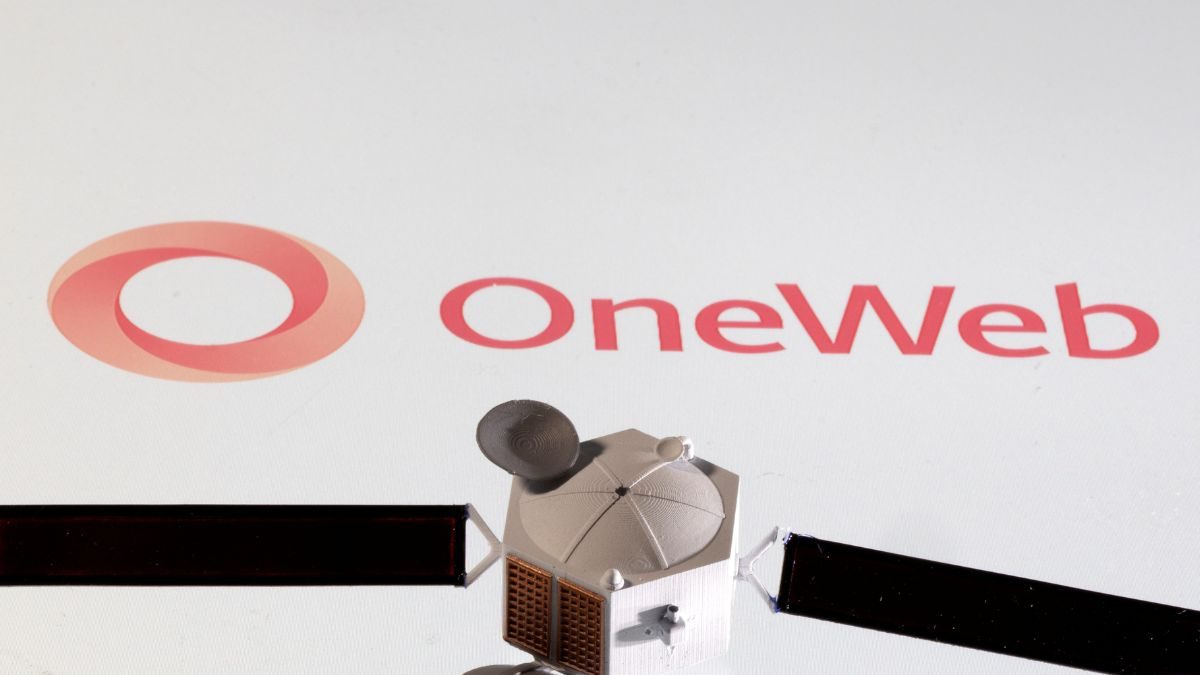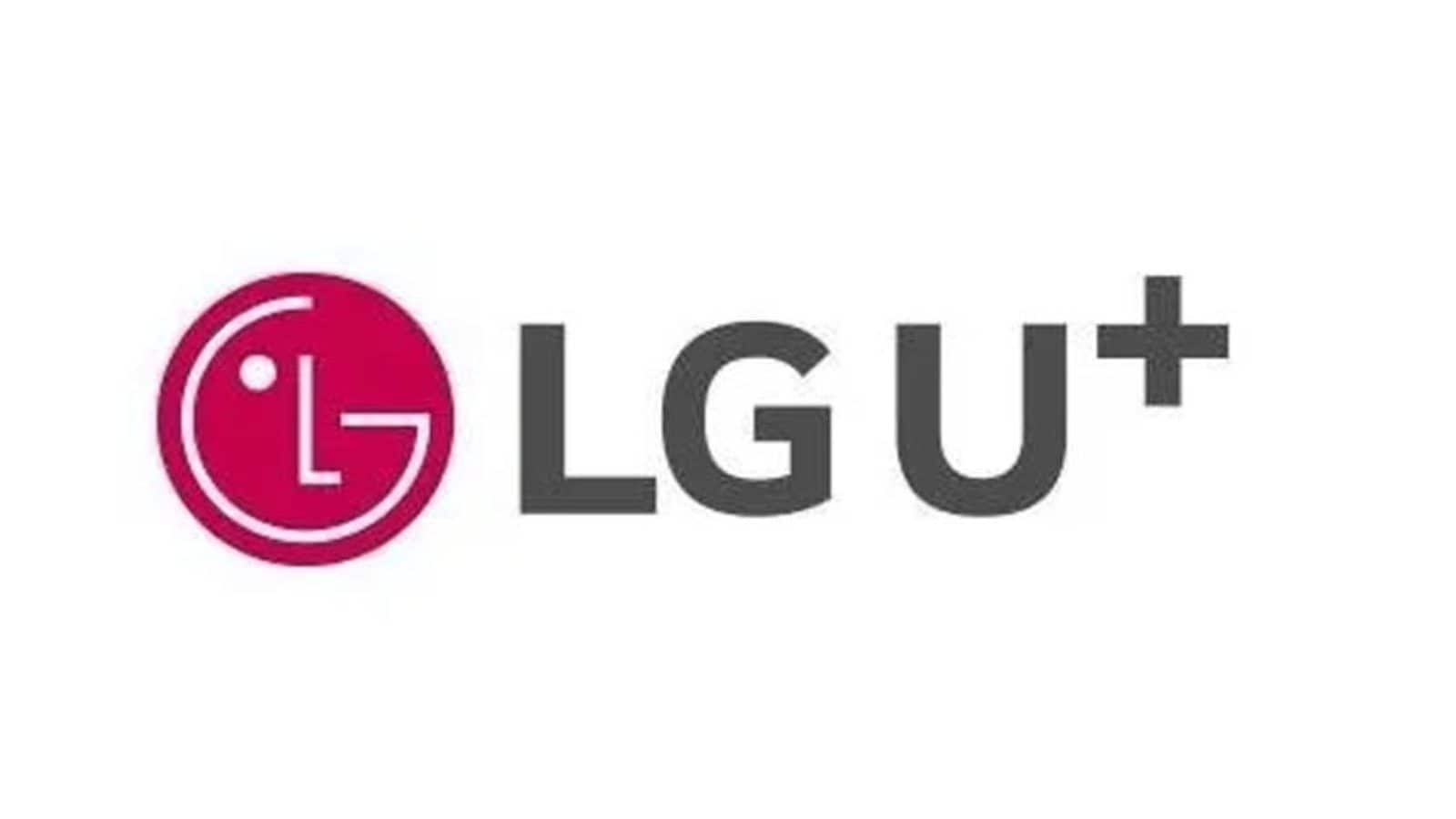[ad_1]
Despite the excitement around AI technologies such as ChatGPT, whose fourth generation large language model GPT4 is expected for release next week, the debate over the threat to the current job market from the burgeoning technology seems to be getting brushed under the carpet.
On one hand, proponents are continuing to claim that automation, AI or any type of technology won’t replace the human workforce, instead create more jobs and opportunities, the other side doesn’t seem to concur.
The United Nations had mentioned that out of the 270 occupations recorded in the 1950 US Census, only the position of an elevator operator had been replaced by technology. But, as the world is becoming more tech-based, the fear of being replaced by cutting-edge technologies is also growing.
ResumeBuilder.com in its survey, which covered 1,000 US businesses, found that 49% of companies currently use ChatGPT, while 30% are planning to do so.
It also found that 48% of companies using ChatGPT said they have replaced the workers, while 25% of the companies revealed that after using the AI chatbot they have already saved more than $75,000.
The survey, which was conducted in February, showed the companies are mostly using the AI chatbot for writing code, copywriting, customer support and others.
There are other experts who support the fact that technologies like ChatGPT are affecting the job market. One of them is Rajeev Malhotra, researcher and computer scientist specialising in AI, who said he had earlier criticised many consultants who convinced the public that AI will create more jobs, “but that is not the actual case”.
Malhotra talked about algorithms, which are reading X-ray images and can diagnose issues much better and even detect a tumour. Similarly, machines can recognise faces better than people.
“Obviously, you are replacing humans and there is no doubt about it. Now, you are creating jobs also but you are creating jobs of a different kind—a very highly educated type of job. So, maybe Bengaluru can get expand economy, bring more jobs but some may lose out because what they are doing is very labour intensive,” he told News18.
He believes that there is a need for social and economic policies for concerned people. There are movements called AI ethics and a counter voice to have a responsible AI, he added.
“In some countries, they are trying to enact some laws that if you introduce AI, which removed a certain number of jobs, your responsibility is to train those people and get them some other job. You can’t just throw them out,” he added.
Meanwhile, Priya Ranjan Panigrahy, founder and CEO of Ceptes, believes that ChatGPT is a revolutionary technology.
He also agreed that the concern of AI chatbots taking over human jobs is valid. According to Panigrahy, although it can increase productivity and efficiency, it may also displace a job, particularly in low-skilled industries.
“This could have a severe impact on individuals and communities, especially in countries where job security and social safety nets are weak,” he noted.
However, Panigrahy told News18: “I believe that the impact of AI on job security may not be as significant as perceived. There are certain jobs that require creativity, emotional intelligence, and human interaction, which are less likely to be automated. These include jobs in healthcare, education, social services, and the arts, among others.”
“While it is inevitable that technology will eventually replace some jobs, which is unlikely to happen anytime soon,” he warned.
He believes to address the concerns of job displacement, it is crucial to invest in education and training programmes that help workers adapt to the changing market and ensure that the benefits of AI are distributed equitably.
Read all the Latest Tech News here
[ad_2]
Source link




